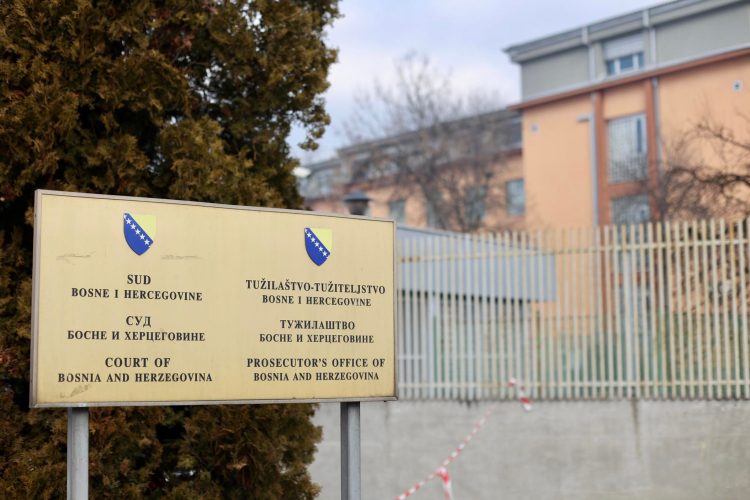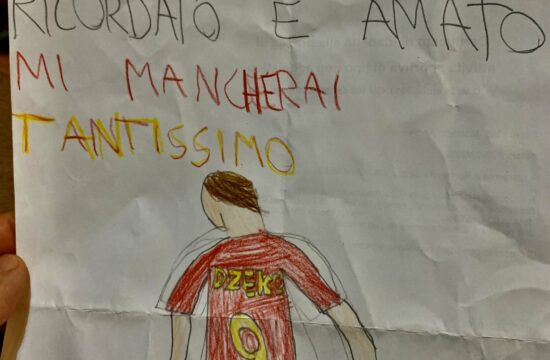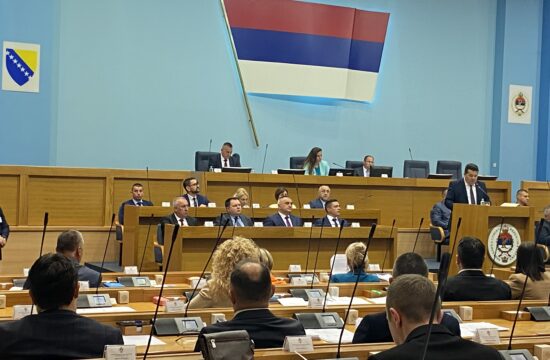
After the former High Representative in Bosnia and Herzegovina, Valentin Inzko, imposed changes to the state Criminal Code prohibiting the denial of genocide in BiH before leaving office last year, the BiH Prosecutor's Office did not file a single charge despite receiving many reports of such acts. The documents of the State Prosecutor's Office, which Detektor.ba had access to, reveal how the prosecutors decided in such cases and created a practice, without filing a single indictment for a year and a half since the ban was introduced.
Since the ban was imposed in July 2021, until the end of 2022, state prosecutors decided not to conduct a total of 27 investigations into the denial of genocide, other war crimes or the glorification of convicted war criminals, Detektor.ba’s documents show.
Using the BiH Law on Freedom of Access to Information, Detektor.ba obtained partially anonymized decisions from which it appears that the prosecutors, despite the fact that they have not brought any indictment so far, are already creating decision-making patterns in cases of violations of the amendments to the Criminal Code imposed by Valentin Inzko. They rejected a series of reports related to the denial of genocide in comments on media texts, as well as posts on social networks.
Lejla Gacanica, a legal expert dedicated to researching the prosecution of war crimes, who analysed these decisions for Detektor.ba, fears that the actions of the prosecutors significantly narrow the application of the Law and that the investigation and prosecution of criminal acts are being neglected. In the long term, this can worsen the feeling of security and trust in the judiciary and the rule of law, she said.
“It’s a real possibility that such actions will discourage and dissuade citizens from reporting such cases and believing in the law's enforceability. At the same time, it will encourage those denying and glorifying war crimes and criminals,” she noted.
So far, not a single indictment has been filed, and there are no verdicts for denying genocide or glorifying war criminals, from which one could see the legal practice and what is punishable. The orders of the Prosecutor's Office on the suspension of investigations are the first insight into such a practice within the judiciary.
A significant number of prosecutors did not conduct investigations because they allegedly could not determine the identity of the perpetrators. This most often referred to comments on social networks or those under news articles, but in one case the police failed to identify a large group of citizens who carried a flag with the face of a convicted war criminal on the street.
Chief State Prosecutor Milanko Kajganic said that the work of the Prosecutor's Office is difficult because they have not received any reports from the police or other agencies about the committed crime of this kind.
In four cases in which the complainants were identified and heard, the Prosecutor's Office based the decision not to conduct an investigation on the statements of the perpetrators who referred to the – guaranteed by the Constitution – freedom of speech and opinion or the European Convention on Human Rights.
Gacanica explains that the direct denial of a war crime established by a final judgment was assessed as a personal opinion – because the statements were such that they unequivocally deny the legal qualification of the crime committed.
The full report by Detektor.ba with all the documents can be found on this link.





Kakvo je tvoje mišljenje o ovome?
Budi prvi koji će ostaviti komentar!